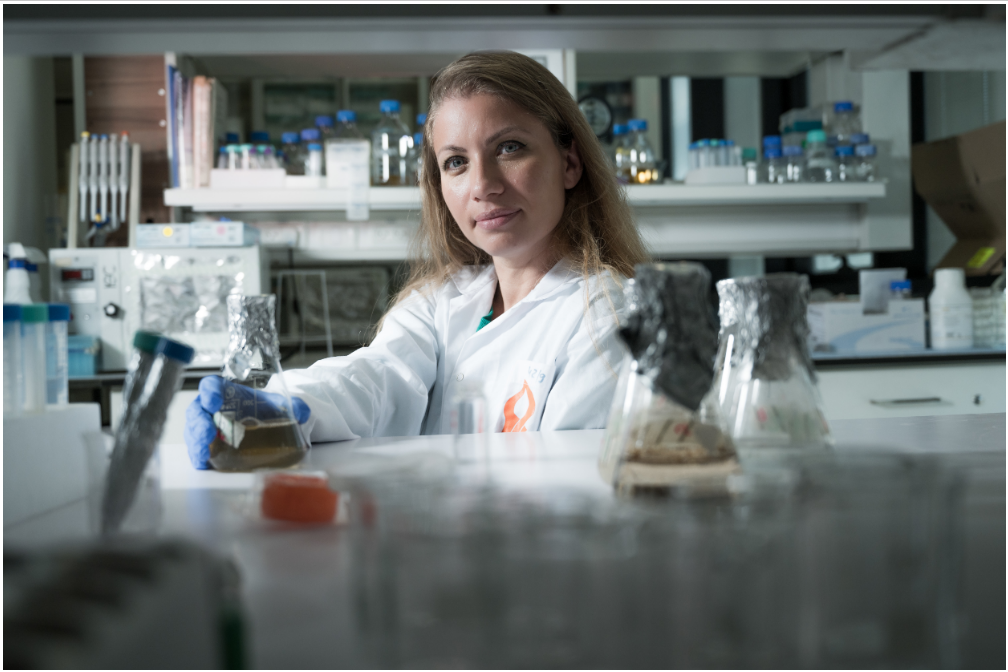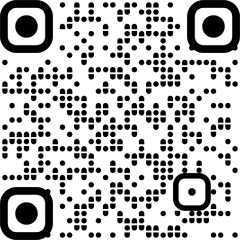- Diagnostics
- 1 min read
Phytochemical derived from vegetables might be the answer to antibiotic resistant pathogens
Researchers from Israel’s Ben-Gurion University investigate phythochemical derived from cruciferous vegetables that break down the biofilm that protect them from being eradicated by antibiotics.
Phytochemicals are chemical compounds made by plants. The phytochemical 3,3'-diindolylmethane (DIM) successfully broke down the biofilms protecting two different important pathogens including Acinetobacter baumannii and Pseudomonas aeruginosa, enabling their eradication 65 per cent and 70 per cent of the time, respectively. Combined with antibiotics, that number jumped to 94 per cent.
Prof Ariel Kushmaro, Dr Karina Golberg, and his team together with Prof Robert Marks, all members of the Avram and Stella Goldstein-Goren Department of Biotechnology Engineering at BGU chronicled their findings in the peer-reviewed journal Pharmaceutics recently.
Additionally, when they introduced DIM into an infected wound, it sped up the healing process significantly, the team found. "Our findings show promise for other avenues of research in addition to known classes of antibiotics," says Prof Kushmaro.
Additional researchers from Prof Kushmaro's lab included Bat-el Kagan, Sigalit Barzanizan, Dr Karin Yaniv, and Dr Esti Kramarsky-Winter. They collaborated with researchers from Near East University and Girne American University in Cyprus.
The research was supported by the National Institute for Biotechnology in the Negev and Israel's Ministry of Science and Technology.


Comments
All Comments
By commenting, you agree to the Prohibited Content Policy
PostBy commenting, you agree to the Prohibited Content Policy
PostFind this Comment Offensive?
Choose your reason below and click on the submit button. This will alert our moderators to take actions